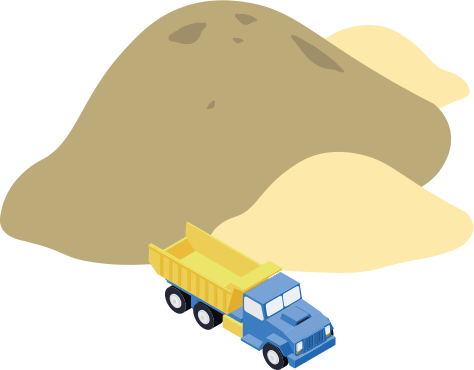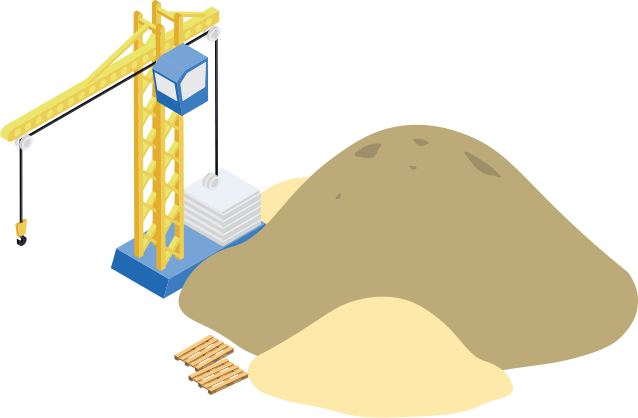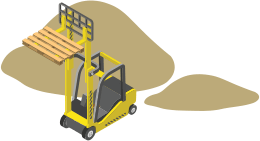A very large percentage of websites these days are built in WordPress, a popular Content Management System. That means it is a pre-built platform that can be used to build websites and manage their content. It automates a lot of things which otherwise would have to be done by hand.
I first wrote about WordPress in 2009. At that time, I was critical of it as not actually designed to build websites (it was originally for blogging) with lots of limitations and other disadvantages.
All that has changed to a point where even very large corporations use it for their websites. You can do very complex and sophisticated things with it as well.
You should know that it isn’t a really do-it-yourself website builder. You just have to know too much to really turn out a good-looking, well-functioning site with it.
So why WordPress?
1. You can do almost anything with it. That is because it is an “open source” program; meaning, if WordPress doesn’t do it, someone has almost certainly written an add-on (called “plug-ins” or “extensions”) that will do the trick. So, for example, “WooCommerce” is very widely used to turn a WordPress site into an online store.
If you want something no one has already done, you can still custom code or modify things. So you really can do almost anything with it.
2. Because you are building a site with a lot of pre-built parts, it is faster and less expensive to do almost anything than to do it from scratch.
3.There are thousands and thousands of free or inexpensive themes. These are a skeleton of a site, with an existing design and structure already there. If you find a suitable theme you like for what you are doing, you are already half-way there.
4. Because it is the most widely used website building platform in the world, you’ll never have a hard time finding someone to work on your site (whether they are competent or not is another story. A lot of people who know a little bit style themselves as WordPress developers, to the frequent regret of their customers.)
5. While building a WordPress site may be over your head, editing your website isn’t. A short training session and you’ll know how to add or edit pages, change images, etc.
6. This next point is a big one: Technology in the world of the Internet is constantly changing, and at a rapid pace. This renders the typical website obsolete in a few years.
How do you ensure that your website keeps up with the changes? This is where the beauty of a well-supported open source system shows itself. The core WordPress developers are regularly releasing updates with new features, bug fixes, and security fixes. The same is true for hundreds of the more widely used plug-ins. Additionally, you can find out on the WordPress website how well supported and highly rated a plug-in is.
The job then of keeping your website up to date, technologically, is handled for you to a large degree.
This alone makes WordPress our preferred development platform in a large majority of cases. Who wants a website that develops security issues regularly or has to be reprogrammed in a year or two because its code is out-of-date?
Liabilities:
These are all major pluses and amount to a system that makes it possible to develop faster and more inexpensively, a better, longer lasting, more easily changed and more secure website.
There are tradeoffs and WordPress is not perfect.
1. WordPress sites are regularly subject to sophisticated efforts to hack into it. To prevent this you have to have adequate protection on your site, and you have to keep your WordPress installation and plugins updated. They are not set-and-forget websites.
2. Because plugins are developed by different people, updating your site may cause things to stop working right when new versions of plug-ins conflict with each other. Fixing this is usually simple but, in rare cases, it can take quite a bit of work.
3. By the nature of the software, it is relatively inefficient. It will use more hosting resources and can run very slowly. Dealing with this is a whole subject in itself.
You can see that the advantages will outweigh the disadvantages a majority of the time. That is why 80-90% of our websites are done in WordPress these days.








